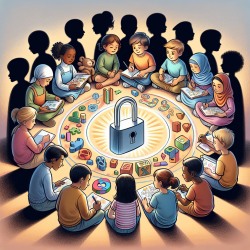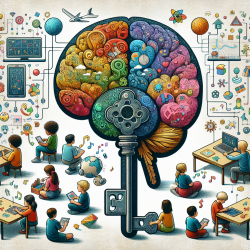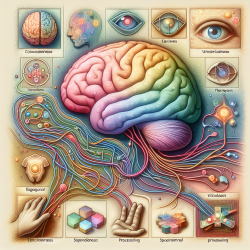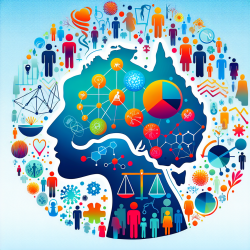In the realm of early childhood education, the sense of belonging is crucial for the cognitive and socioemotional development of children. However, as highlighted in the research article "Troubling Belonging: The Racialized Exclusion of Young Immigrants and Migrants of Color," belonging is not always a given, especially for young immigrant children and children of Color. This study, conducted by Mariana Souto-Manning and colleagues, reveals the deep-seated issues of racial exclusion and the pseudo-neutrality of belonging in educational settings.
Through the method of pláticas—a series of deep, heart-to-heart conversations—four Latina educators revisited their own experiences as young immigrant children. They uncovered how the concept of belonging, often seen as neutral, has been used to marginalize and exclude children of Color. This blog post will explore key findings from the study and provide actionable advice for practitioners to create more inclusive and supportive environments for immigrant children.
Key Findings
- Belonging is Political: The study found that belonging is deeply political and often racialized. It serves to uphold the privileges associated with whiteness, marginalizing those who do not fit into this narrow framework.
- Harmful Schooling Practices: The educators' experiences revealed that schooling often inflicted harm on young immigrant children in the name of belonging. This included being unfairly categorized into special education or ESL programs and experiencing dehumanizing treatment.
- Importance of Cultural Memory: The method of pláticas allowed the educators to share and reflect on their cultural memories, highlighting the importance of recognizing and valuing the cultural backgrounds of immigrant children.
Actionable Advice for Practitioners
Teach Me My History
Understanding the historical and socio-political contexts that lead families to immigrate is crucial. Educators should:
- Include multiple histories in the curriculum, especially those of colonization and migration.
- Empower students by teaching them about their cultural and historical backgrounds.
Learn About Me
Building a relationship with each child and their family can significantly enhance their sense of belonging. Practitioners should:
- Take the time to learn about each child's family history and cultural practices.
- Include family stories and experiences in classroom discussions and activities.
Learn About Im/migration
Understanding the challenges and risks that immigrant families face can foster empathy and support. Educators should:
- Educate themselves about the reasons and realities of immigration.
- Advocate for policies and practices that support immigrant families.
Conclusion
The research by Souto-Manning et al. underscores the need to challenge the pseudo-neutrality of belonging and create more inclusive educational environments. By understanding the political nature of belonging and actively working to include and support immigrant children, practitioners can foster a sense of belonging that is truly inclusive and supportive.
To read the original research paper, please follow this link: Troubling Belonging: The Racialized Exclusion of Young Immigrants and Migrants of Color.










